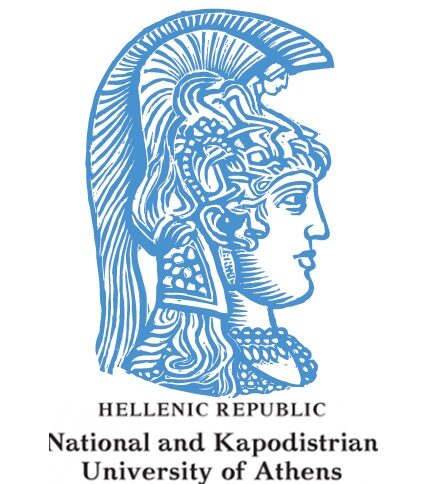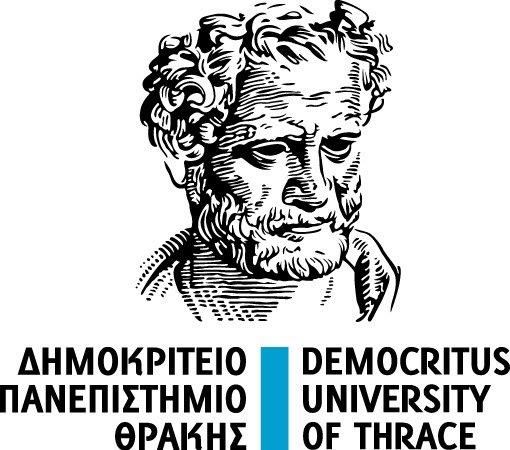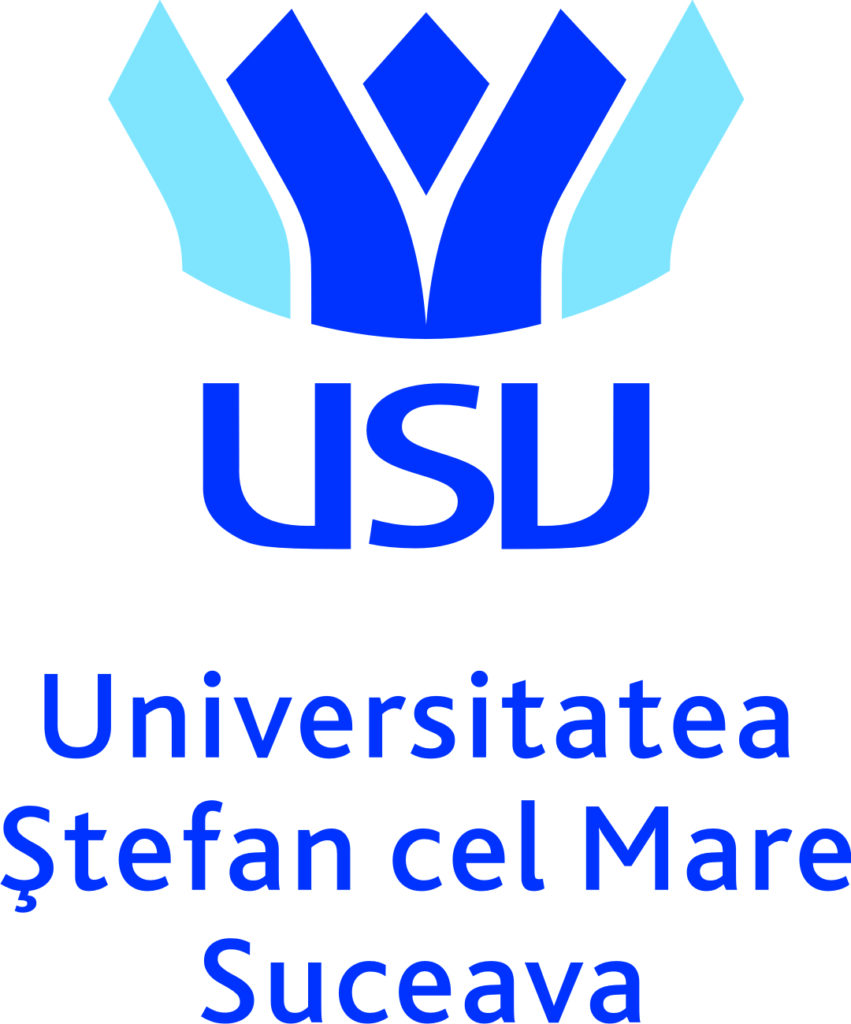The Project

Unity in Diversity:
Promoting Religious Inclusion in Greek Muslim Education
The UPRISE project addresses the challenges of religious inclusion in primary education, focusing on Muslim students in Western Thrace. The project aims to fill the gaps regarding religious inclusion, support teachers in acquiring the necessary competencies to enhance inclusion, and make policy recommendations for long-term changes in Greek education.
Goals

The main objectives of the project are:
1. Promoting the religious integration of Muslim students, 2. Empowering teachers to address religious diversity, 3. Developing a Policy for Sustainable Inclusion 4. Encouraging Intercultural Understanding and Civic Participation.Target Audience
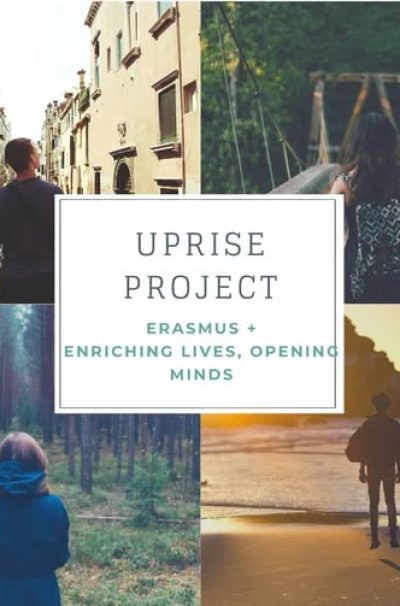
The main target groups are:
Muslim students: The project aims to directly benefit Muslim students attending public primary schools in Thrace. Addressing the challenges related to religious education, the project seeks to create a more inclusive and accommodating learning environment for these students.
Teachers and School Principals: Teachers and school principals in public primary schools play a crucial role in shaping the educational experience of students. By providing knowledge and suggesting strategies, the project aims to support teachers and school principals in creating an environment that respects and accommodates the diverse religious backgrounds of students.
Islamic Religious Education Teachers: They teach the Quran in public primary schools to Muslim students, with a university degree or high school diploma and religious knowledge. By providing knowledge and proposing strategies, the project aims to support religious educators in their teaching work and in the creation of teaching materials.
Policy makers and relevant bodies responsible for shaping the regulatory framework of education in Greece. The aim is to contribute to the creation of an inclusive and equitable policy framework for religious education.
The project recognizes the importance of raising awareness among the wider public. By disseminating research findings, the project aims to inform and involve the wider community.
Partners
This project brings together a diverse and talented group of institutions, each of which contributes unique expertise and perspectives.
National and Kapodistrian University of Athens, Greece: A prestigious institution with a rich history, the National and Kapodistrian University of Athens brings a wealth of knowledge and research experience to the project.
Sofia University “St. Kliment Ohridski”, Bulgaria: Sofia University, a leading educational and research center in Bulgaria, joins the consortium with a strong commitment to scientific progress and academic excellence.
Democritus University of Thrace, Greece: This dynamic university is located in Thrace and its participation ensures the relevance and impact of the project at the local level.
Stefan cel Mare University of Suceava, Romania: His focus on innovation and inclusion, along with his expertise and capacity, offers valuable contributions to the project.


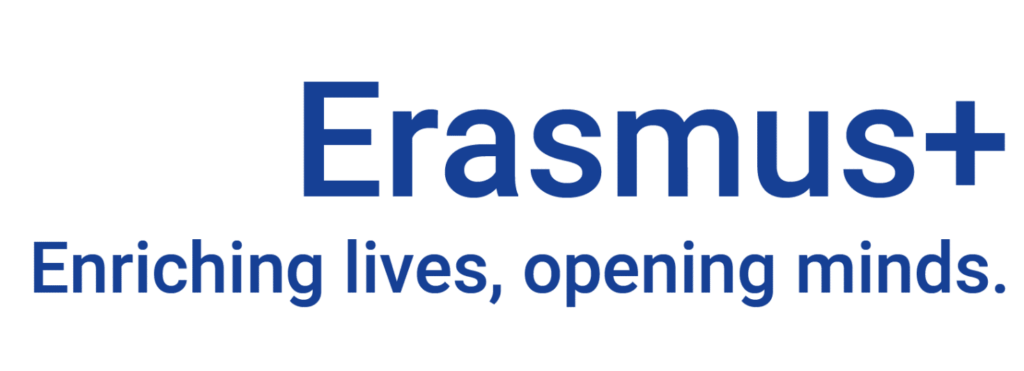
The European Commission support for the production of this publication does not constitute an endorsement of the contents which reflects the views only of the authors, and the Commission cannot be held responsible for any use which may be made of the information contained therein.

